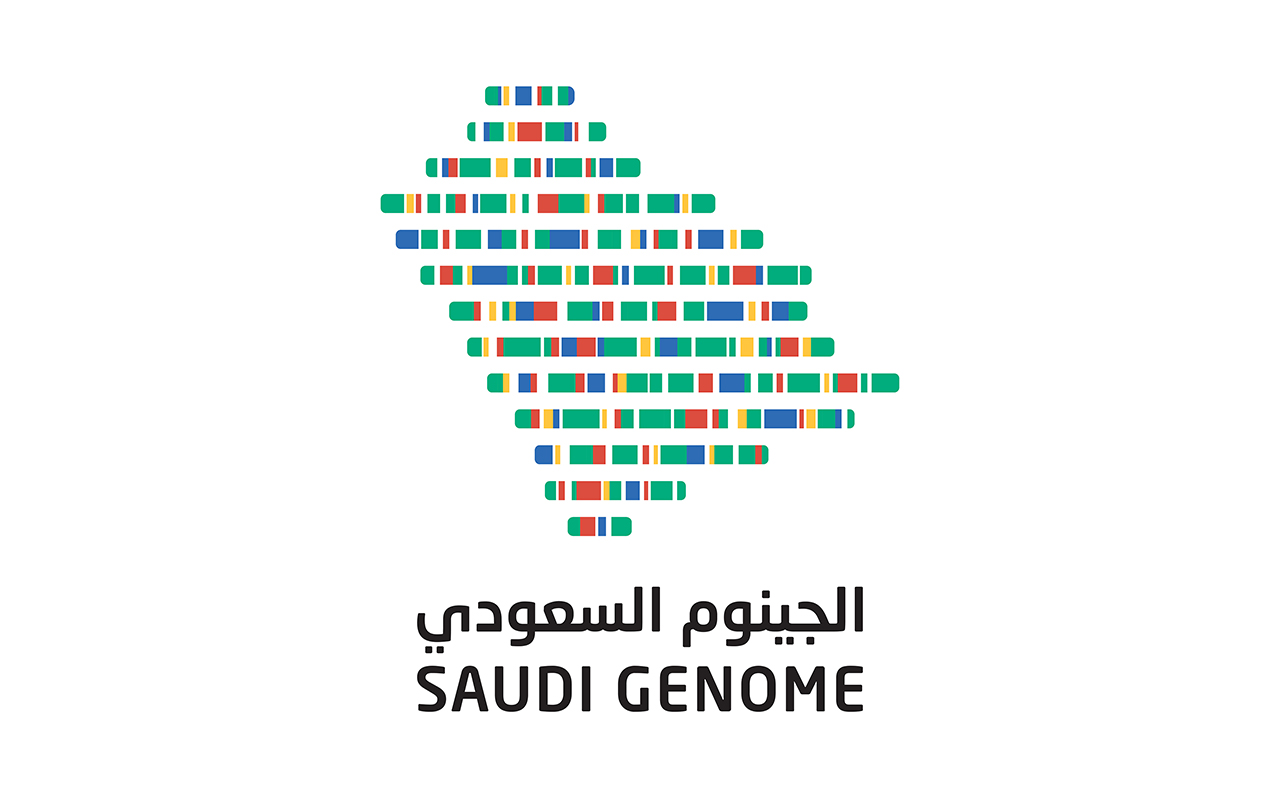Saudi Genome Program
The Saudi Genome Program is a national Saudi program that aims to reduce genetic diseases by decoding the genetic makeup of its citizens. This is done to identify the genes responsible for hereditary diseases in the community. The program was inaugurated by the Crown Prince and Prime Minister, His Royal Highness Prince Mohammed Bin Salman Bin Abdulaziz, on November 5, 2018.
The program is considered one of the vital national projects, as the Kingdom is one of the ten countries in the GENOME CLUB 100K group. The program is funded by King Abdulaziz City for Science and Technology, with the aim of developing personalized medicine in the Kingdom and gaining a global standing in the field of genetic science and research.
Objectives of the Saudi Genome Program
The Saudi Genome Program aims to collect and analyze one hundred thousand samples using genome technologies to build a genetic database for the Saudi community. Scientists and researchers benefit from this database in their work, aiming to reduce the spread of genetic diseases by identifying genetic variations and genes. It also focuses on developing diagnostic and preventive tools, enhancing public health, and training national staff in this field.
Scope of work of the Saudi Genome Program
The Saudi Genome Program offers screening services for genetic diseases and appropriate treatments for several conditions, such as: neurological diseases, inherited eye diseases, hereditary cancers, metabolic diseases, autoimmune diseases, kidney diseases, intellectual disability disorders, heart and vascular diseases, and neuromuscular diseases.
Preventive programs under the Saudi Genome Program
The scope of the Saudi Genome Program includes the implementation of preventive programs to detect future diseases and diagnose rare genetic conditions, aiming to reduce them through early detection. Examples of these programs include: pre-marital medical examination, genetic screening of embryos before implantation, embryo screening, newborn screening, improving treatment methods by establishing an appropriate treatment plan, and prescribing the right medication for the patient.
Achievements of the Saudi Genome Program
The program has examined 61,177 samples in its laboratories and documented 7,500 variants causing genetic and hereditary diseases in the Kingdom, including three thousand variants responsible for about 1,230 rare hereditary diseases. It utilized twenty-five genetic packages for genetic analysis. In addition, the program conducted eighty-four scientific studies and published 134 peer-reviewed papers in international journals. The program also participated in 110 lectures and scientific conferences, involving six hundred researchers, according to the program's statistics up to November 2020.
Laboratories affiliated with the Saudi Genome Program
The Saudi Genome Program oversees eight peripheral laboratories in the Kingdom to facilitate access for citizens. Four of these are located in Riyadh: at the King Faisal Specialist Hospital and Research Center, King Fahd Medical City, the National Guard Hospital in collaboration with the King Abdullah International Medical Research Center, and the King Abdulaziz City for Science and Technology. Additionally, there's a laboratory at the King Faisal Specialist Hospital and Research Center in Jeddah, a laboratory at Taibah University in al-Madinah al-Munawwarah, a laboratory at Hail University, and a laboratory at the King Fahd Specialist Hospital in the Eastern Province.
